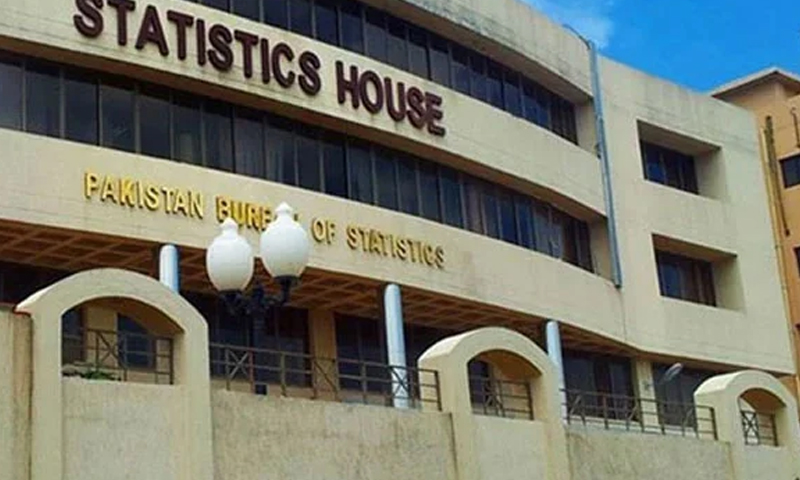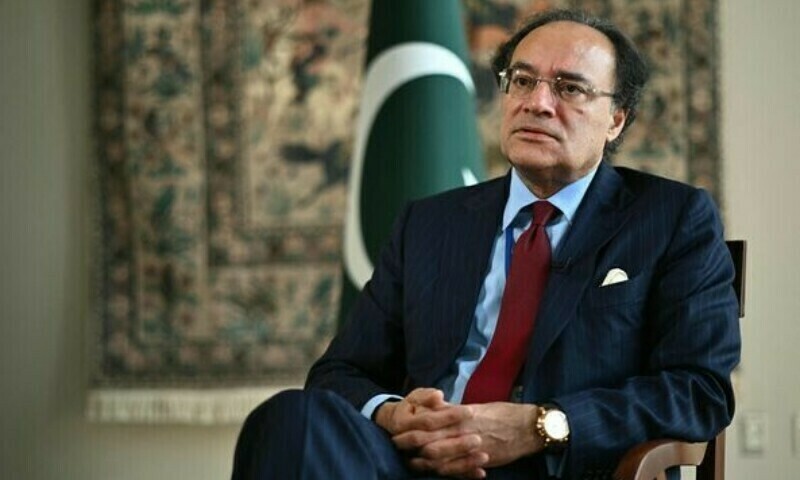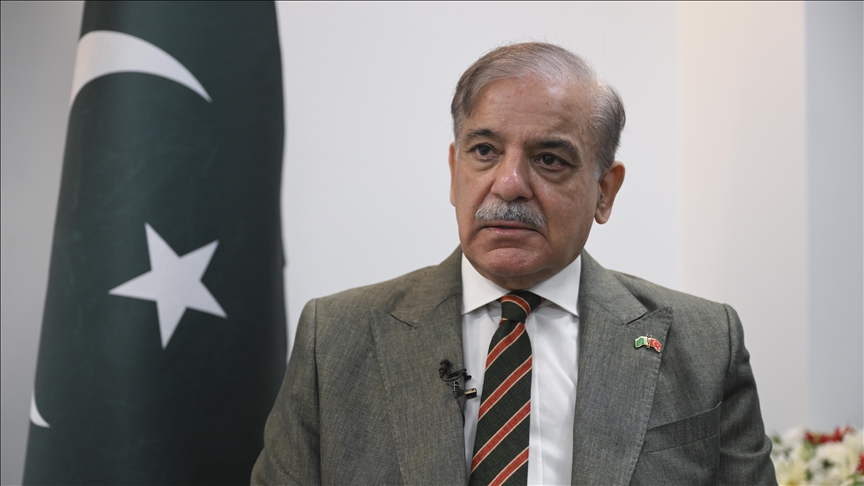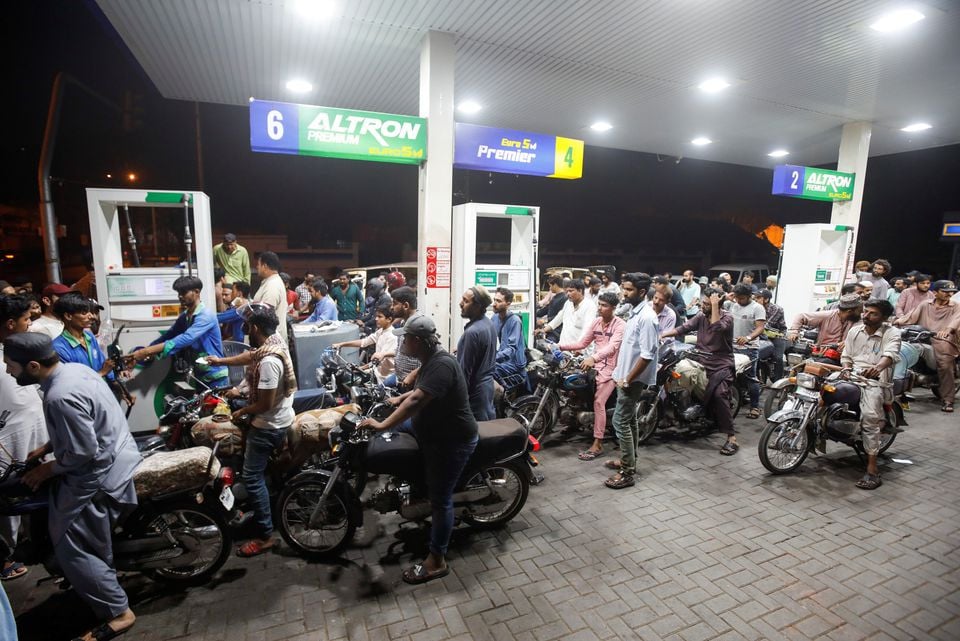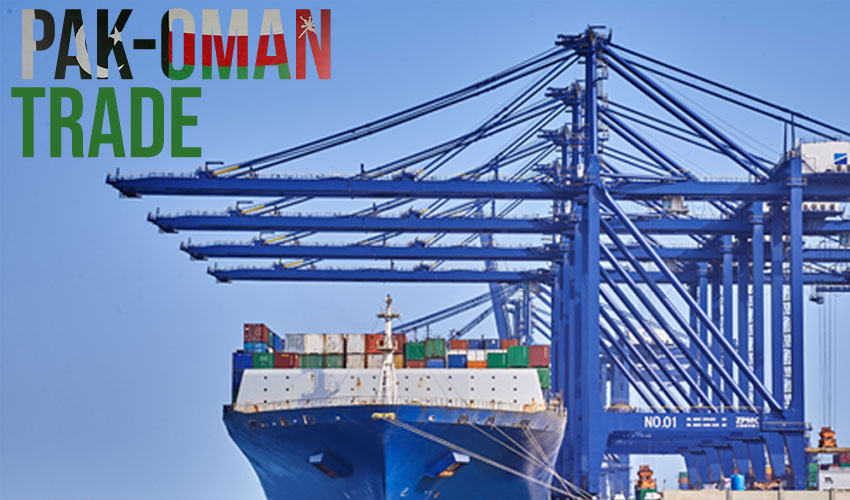TRADE & ECONOMY
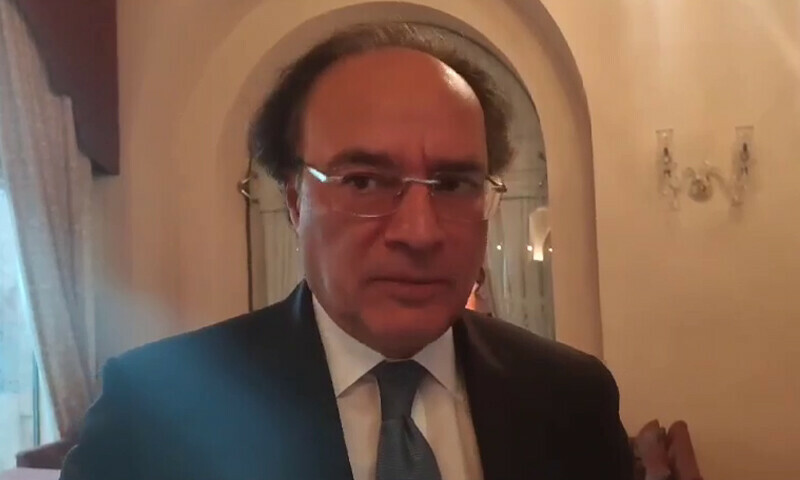
Pakistan is intensifying efforts to secure $1 billion from the International Monetary Fund’s (IMF) Resilience and Sustainability Trust (RSF) to enhance its climate resilience, as an IMF mission is set to visit the country from February 24 to 28 for discussions.
The nation, ranked as the most climate-vulnerable country in 2022, suffered devastating monsoon floods that led to over 1,700 deaths, displaced millions, and caused economic losses exceeding $33 billion. Recognizing the urgent need for climate adaptation, Finance Minister Muhammad Aurangzeb reaffirmed the government's request for at least $1 billion, stating that discussions would focus on structuring the funding agreement.
The RSF provides long-term, low-cost financing to countries committed to climate adaptation reforms. Pakistan is already engaged in a $7 billion Extended Fund Facility (EFF) with the IMF, and the upcoming RSF talks will be followed by a staff mission in March to review the country’s economic performance under the EFF program.
Pakistan’s Economic Outlook & Credit Rating Aspirations
On the economic front, Pakistan is also working towards securing a credit rating upgrade to “single B” from international rating agencies. Last year, Fitch Ratings improved Pakistan’s status from CCC to CCC+, acknowledging economic progress. Minister Aurangzeb emphasized that a further upgrade would restore investor confidence and improve access to global capital markets.
“A ‘single B’ rating would enhance Pakistan’s credibility among international investors, allowing the country to diversify its funding base and stabilize its economy,” he said at a retail industry conference in Islamabad.
Tax Reforms & Revenue Challenges
During the conference, Aurangzeb also addressed the country’s taxation challenges, stressing the need to widen the tax net. He pointed out that Pakistan’s retail sector, which contributes 19% of GDP, only pays 1% in taxes.
“We must bring all major sectors, including agriculture, real estate, retail, and wholesale, into the tax system. The burden on the salaried class and manufacturing industry is unsustainable,” he stated.
The government is pushing for sustainable and inclusive economic growth, aiming to end the cycle of economic instability that has plagued Pakistan for years.
As Pakistan moves forward with crucial IMF negotiations and economic reforms, the outcome of these discussions will shape the country’s fiscal trajectory in the coming months.
